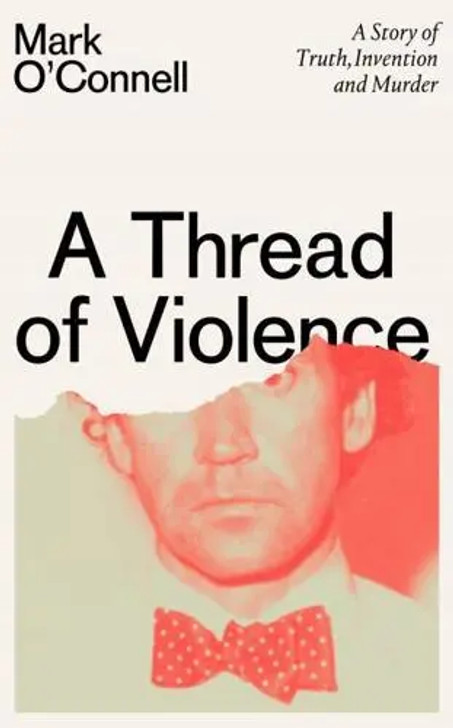From an award-winning author comes a tale of a notorious double-murder, for readers of Truman Capote's In Cold Blood, or Emmanuel Carr�re's The Adversary In 1982 Malcolm Macarthur, the wealthy heir to a small estate, found himself suddenly without money. The solution, he decided, was to rob a bank. To do this, he would need a gun and a car. In the process of procuring them, he killed two people, and the circumstances of his eventual arrest in the apartment of Ireland's Attorney General nearly brought down the government. The case remains one of the most shocking in Ireland's history and the words used to describe the crimes (grotesque, unprecedented, bizarre, and almost unbelievable) have remained in the cultural lexicon as the acronym GUBU. Mark O'Connell has long been haunted by the story of this brutal double murder. But in recent years this haunting has become mutual. When O'Connell sets out to unravel the mysteries still surrounding these horrific and inexplicable crimes, he tracks down Macarthur himself, now an elderly man living out his days in Dublin and reluctant to talk. As the two men circle one another, O'Connell is pushed into a confrontation with his own narrative: what does it mean to write about a murderer?






